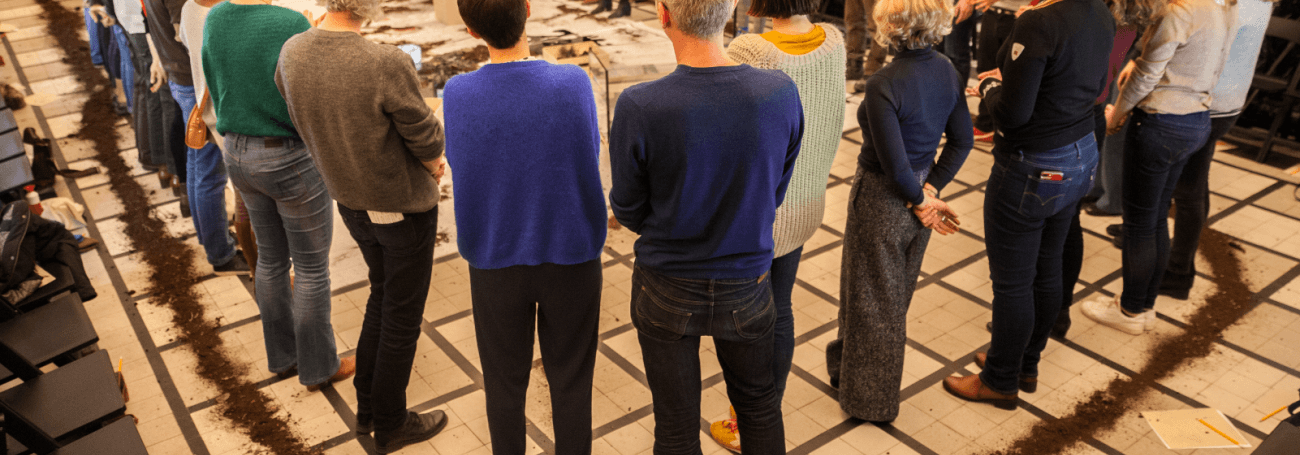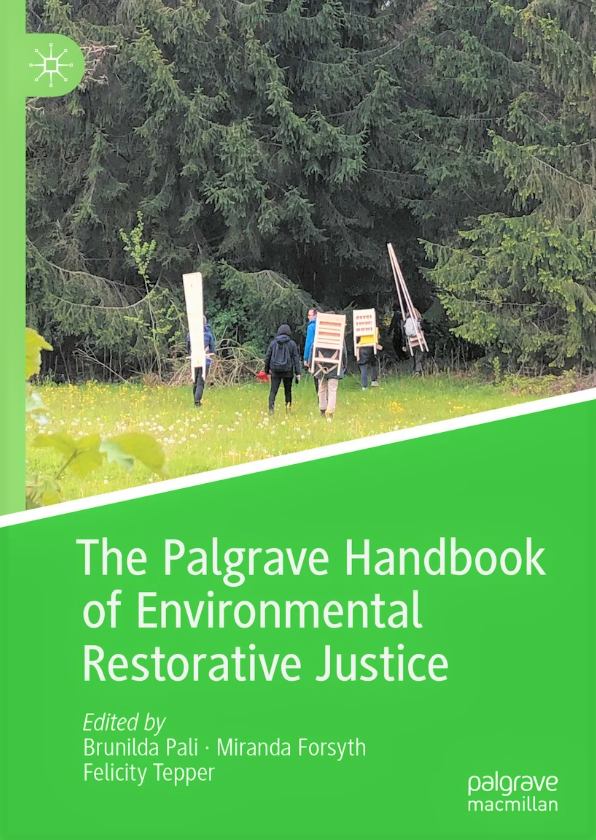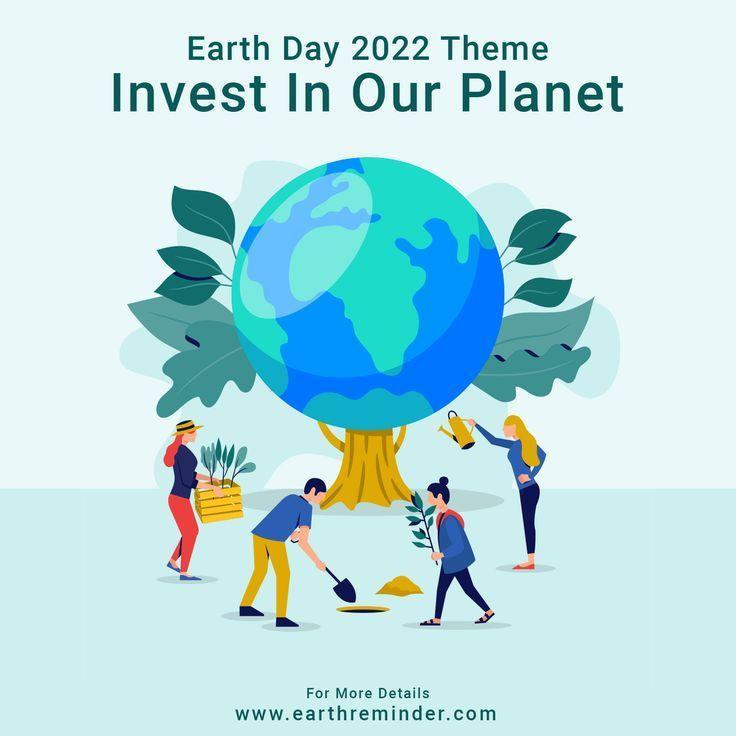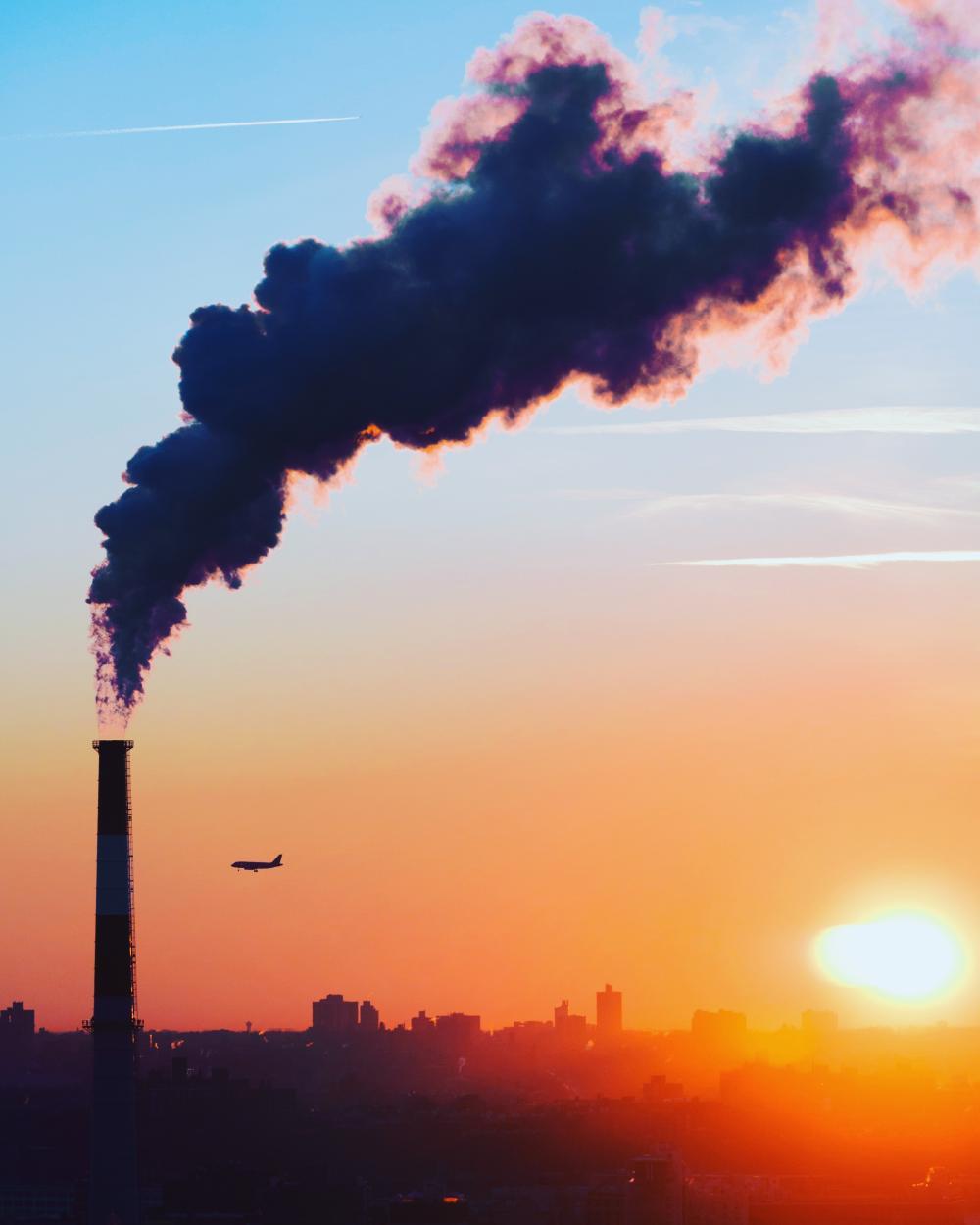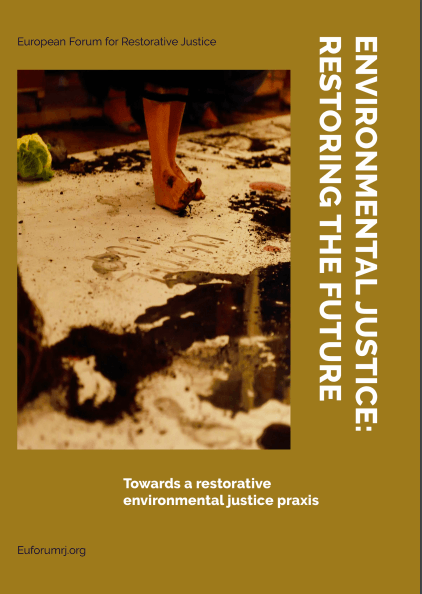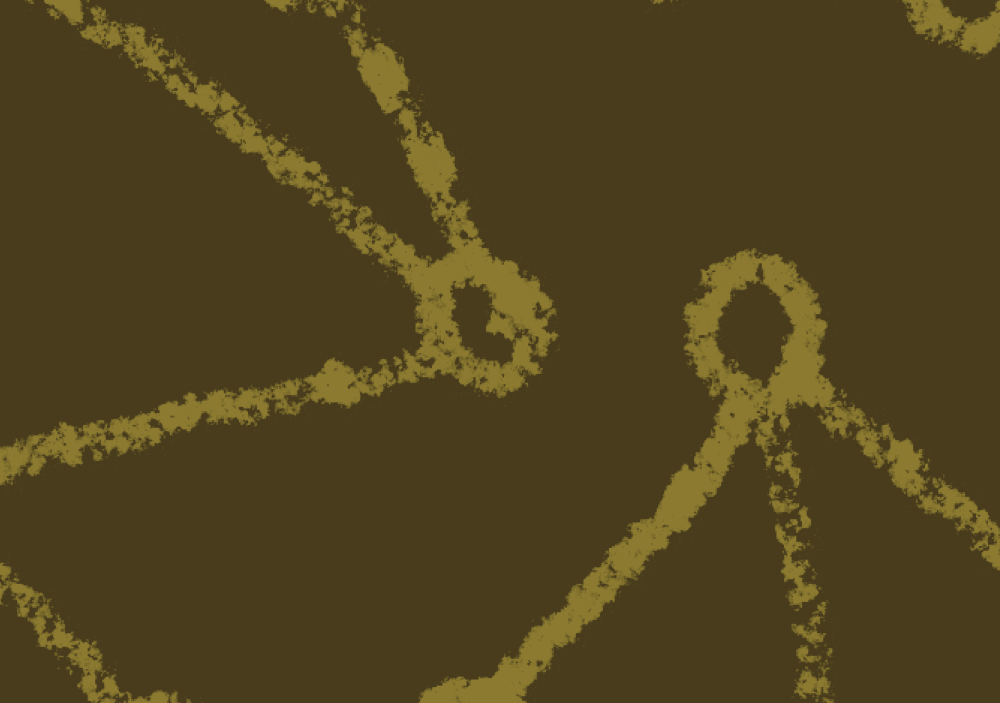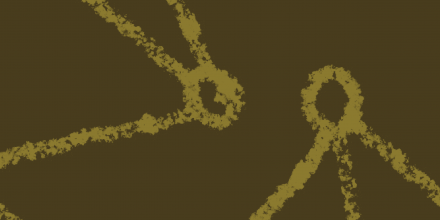In the two years of its first mandate (2020-2022), the working group verified the great topicality of the issues addressed by environmental restorative justice, recording pilot cases, restorative practices and debates in many parts of the world. At the same time, the working group engaged in a dialogue with some important institutions of the European legal space and with some non-governmental organisations committed to the protection of the environment, establishing synergies in the field of strategies to combat ecocide and access to jurisdiction to protect the rights of nature, as well as in the field of environmental crimes.
In its work, the working group was confronted with crucial questions that arise when applying RJ to environmental conflicts, such as the problem of identifying the parties to the conflict, the development of a restorative output, the intertwining of environmental RJ and the criminal justice process, etc. The answer to such questions requires in-depth analysis, including legal analysis and experimentation at the practical level, as well as continued dialogue with political institutions and NGOs.
